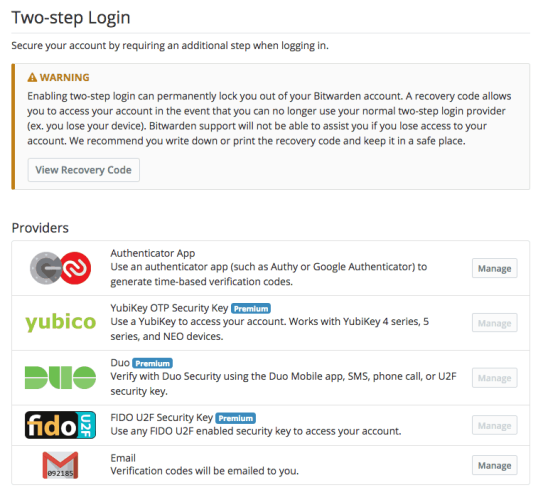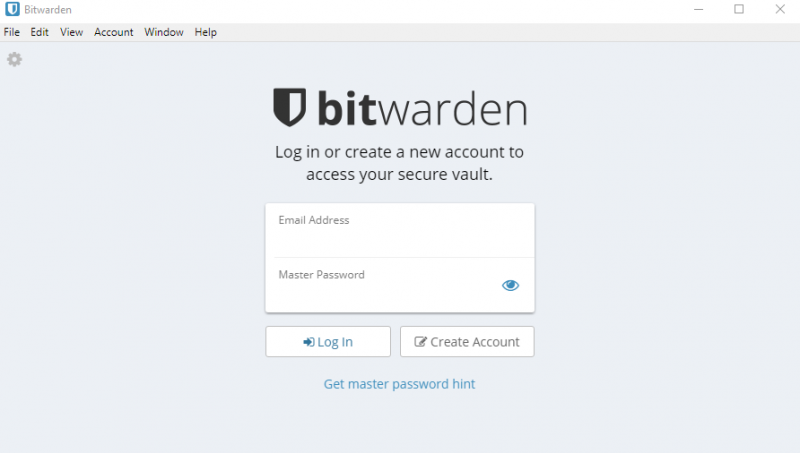
On some websites, the extension simply fails to ask you if you want to save the login information. It’s not exactly an easy process for non-techies, though. Bitwarden’s website has tutorials for helping users import their passwords from whatever manager or browser they were using. If you are like me, you probably had your saved passwords stored in Google account or something similar. This allows me to use other browsers such as Opera and Brave on my computer while still having them available system wide on my phone. With Bitwarden, I can use my saved accounts and passwords with any browser or device I choose. One of the most frustrating things about having my passwords saved in Google Chrome was being restricted to only that. Using a third party password manager means your passwords will never be stuck with Google or some other browser.

Independence from Google and other browsers What makes Bitwarden worth the attention? There are other password managers that are more well-known such as 1password, Lastpass, Dashlane, and more.

It is open source meaning the code is out there for people to inspect and I would like to point out that Bitwarden has undergone a third party security audit to verify that it is secure. It has since expanded to be available for most platforms out there. Background Info on Bitwardenīitwarden was originally released as a mobile application for iOS and Android in 2016 with extensions for web browsers soon following.

As a person that was always hesitant to start using a password manager, let’s look at why I took the plunge and now rely on it for all my passwords, credit cards, and secure notes. Bitwarden is mostly free with some bonus features as an affordable premium option. Let’s be real, there is no shortage of password managers on the market.


 0 kommentar(er)
0 kommentar(er)
